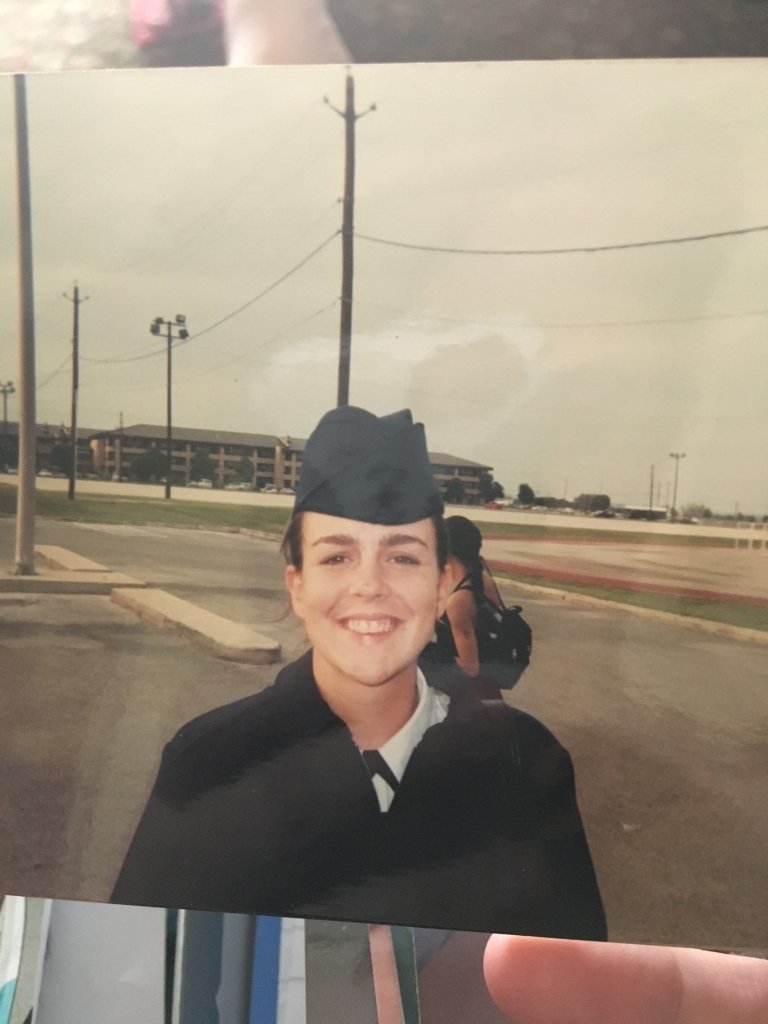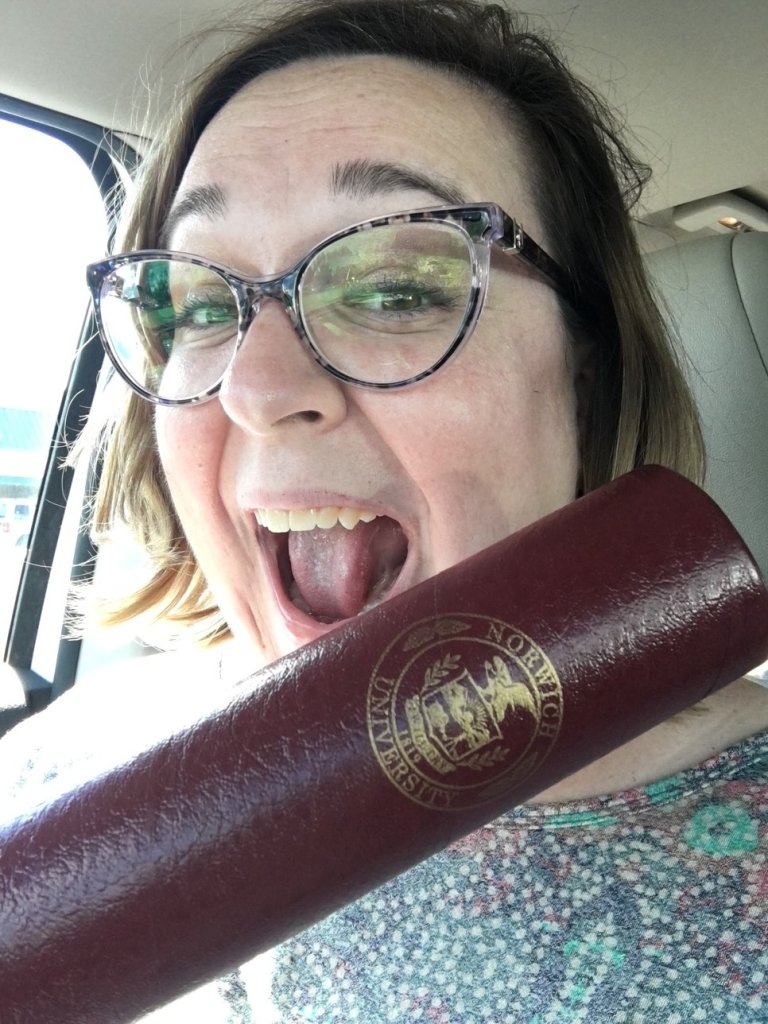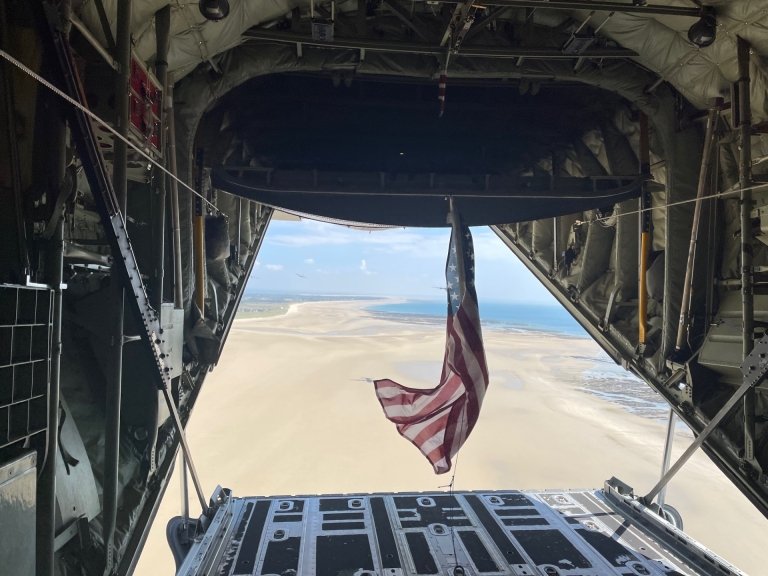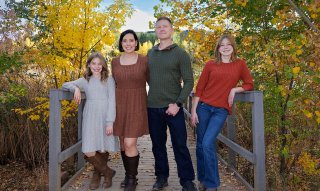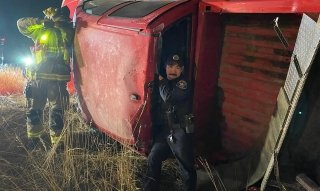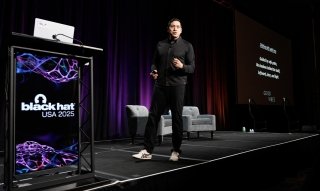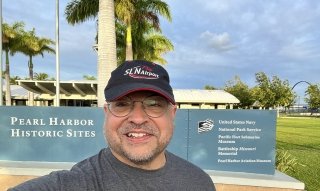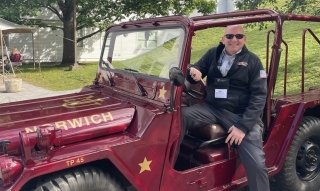Shannon Murphy
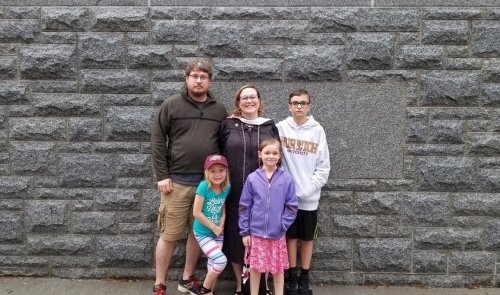
Norwich taught me how to think. It taught me to question sources, to look beyond black and white answers, and to approach everything with compassion. During some of the hardest times in my life, Norwich gave me purpose.
When Shannon Murphy looks back at her career, she sees more than dates, documents, and dusty archives. She sees people, connections, and stories that might otherwise be forgotten. A graduate of Norwich University’s Master of Arts in Military History program, Murphy now serves as the historian for the 86th Airlift Wing at Ramstein Air Base in Germany. This year, her dedication earned her the prestigious Air Force Heritage Award for her work during the 80th anniversary of the D-Day commemorations in Normandy.
Her path to that role was anything but conventional.
From Airman to Historian
Murphy enlisted in the Air Force at 18, more out of necessity than design. “I’d like to say it was for something heroic or patriotic,” she admitted, “but the truth is, I just needed to get out of Texas.” What followed was 13 years of service as a Command Post Controller, with assignments in Utah, Illinois, Japan, and Germany, along with several deployments.
After leaving the service, Murphy completed her undergraduate degree while raising three children. She worked as an instructor on Scott Air Force Base, teaching others to perform the same duties she had carried out in uniform. But the loss of her father in 2013 and a close friend in Afghanistan in 2015 gave her a new perspective. “It became an obsession to capture people’s stories,” she explained. “I couldn’t bear the thought that my dad or my friend would only be remembered through their obituaries. I wanted to make sure their lives were recorded in a meaningful way.”
Murphy eventually realized her bookshelves were filled with history volumes. That was the spark she needed to finally declare history as her major. “You can pull up dates and events, but what I wanted to do was preserve people’s lives and the meaning behind their experiences.”
Norwich: A Turning Point
Murphy started Norwich’s online master’s program in 2014, balancing her studies with parenting and work. What should have been an 18-month program stretched into five years, with breaks and extensions along the way. Yet she describes Norwich as pivotal in her life.
“Norwich taught me how to think,” she said. “It taught me to question sources, to look beyond black and white answers, and to approach everything with compassion. During some of the hardest times in my life, Norwich gave me purpose. My professors showed me grace I had never been given before. They did not just write me off; they wanted me to succeed.”
She remembers mentors like Dr. John Votaw, who took her calls at all hours, and Dr. David Ulbrich, who guided her writing with a mantra she still keeps on a Post-it on her desk: Done, not perfect. “That phrase has carried me through so much,” Murphy said.
Even after graduating, the Norwich connection has continued to open doors. “It has been an incredible conversation starter,” she noted. “One of my commanders hired me because he saw Norwich on my résumé. My last deputy commander here at Ramstein also went through Norwich, and that gave us common ground right away.”
Norwich also became part of her identity. “I have a Norwich lanyard, and it has sparked so many conversations. It feels like belonging to a community that spans careers and continents.”
Discovering a Calling in Military History
For Murphy, military history was not a given. “I didn’t want to be the historian who just wrote books. I wanted to share stories.” A course on World War I during her undergraduate years solidified her passion, and her capstone project at Norwich examined artillery doctrine during the war. “I loved asking questions about how the Army transitioned from coastal artillery to field artillery and how American forces adopted British and French techniques. I wanted to know how doctrine evolved.”
That curiosity and her Air Force experience shaped her approach to history. “The Air Force is kind of terrible at knowing its own history,” she joked. “I saw an opportunity to make it approachable, to help people connect to it in a way that still matters today.”
Life as a Historian
At Ramstein, Murphy’s day-to-day work involves documenting current operations so they become part of the historical record. “When I sit in on meetings, I am not just capturing slides or bullet points. I am listening for decisions, for the reasons behind why we chose one direction over another. That context is what becomes important later.”
She also manages requests for information, Freedom of Information Act queries, and congressional questions. Much of her time is spent reading unit history and conducting interviews with Airmen who have unique experiences. “One of my favorite things to do is heritage features. I want people to get a taste of history and see how it connects to them. Photos are my love language. You can hand someone a page of text, but when you give them a photo, it makes the story personal.”
Commemorating D-Day 80
Her most recent and high-profile assignment was supporting the D-Day 80 commemorations in Normandy. Initially, Murphy volunteered simply to be included. “I said I’d literally help load aircraft if it meant I could be part of it.” Instead, she became the sole historian for more than 300 Air Force personnel across two weeks of events.
With little archival material available, she built much of the historical foundation from scratch. She researched Army Air Force sites, uncovered ties between sister squadrons, and even scoured eBay and Etsy for relics and yearbooks. She produced pre-flight briefings, pamphlets, and a “Friday Feature Countdown to D-Day 80” series highlighting the roles of flight nurses, civil engineers, and other often-overlooked contributors.
The work was exhaustive: 121 ceremonies, 74 flyovers, and more than 800 hours of preparation. She attended planning conferences, advised public affairs, helped leaders prepare speeches, and even created a QR code linked to schedules and flyers so crews could make the most of their downtime. “I ended up becoming a sort of social coordinator with a historian’s flair,” she laughed.
One moment stands out above the rest. “I got to fly in a C-130 over the beaches of Normandy. They strapped me in at the open ramp, and I looked down at the water. Eighty years ago, those same waves were red with blood. To see that place then in my mind and now in reality was surreal. It was the most exhilarating and humbling experience of my life.”
History That Rhymes
For Murphy, the importance of history lies not in repetition but in resonance. “People often assume if something looks similar to a past event, the outcomes will be the same. But that is not true. Context matters. Technology, leadership, and circumstances all change. History does not repeat itself, but it does rhyme.”
She points to examples such as Russia’s invasion of Ukraine in 2008 compared to 2022, or even military operations like evacuations in the Middle East. “You cannot just pull the old playbook. Even subtle changes, like the way we store records, make a big difference.”
Making History Accessible
Murphy’s vision for her role is to show that history is for everyone. “I want Airmen to see themselves as part of a larger story. It is like six degrees of Kevin Bacon. The longer you are around, the more connections you see between people, units, and missions. That makes history personal.”
She also hopes her own path inspires others. Only about 15 percent of Air Force historians are female, and Murphy wants to be a visible example. “I was a stay-at-home mom. I stopped and started my degree multiple times. You do not have to follow a prescribed path or timeline to succeed. You can pursue this at your own pace, in your own way.”
Advice for Future Historians
When asked what advice she would give to others, Murphy is quick to emphasize passion. “There are so many ways to pursue history, like museums, academia, and research agencies, but being a government historian is unique. You are tied to a unit, and you are capturing history as it happens. If you want to be active and engaged in current operations, it is a fantastic path.”
She adds, “No one wants to work with someone who is bitter and difficult. You do not have to be overly cheerful, but you do need to work with people, find common ground, and move forward together.”
Gratitude for Norwich
Looking back, Murphy is deeply thankful for her Norwich experience. “I truly do not know if I will ever be able to repay what Norwich has given me. The professors invested in me. They gave me grace and encouragement when I needed it most. Norwich shaped my career, introduced me to mentors, and gave me a community I am proud to be part of. Most importantly, it gave me a way to turn my passion for history into something that serves others.”
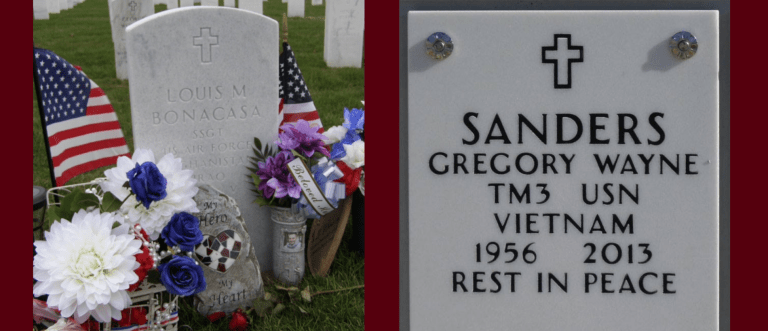
For Shannon Murphy, history is more than facts and timelines. It is a way of connecting people to each other, to their heritage, and to a larger story. And that is a legacy worth preserving.

